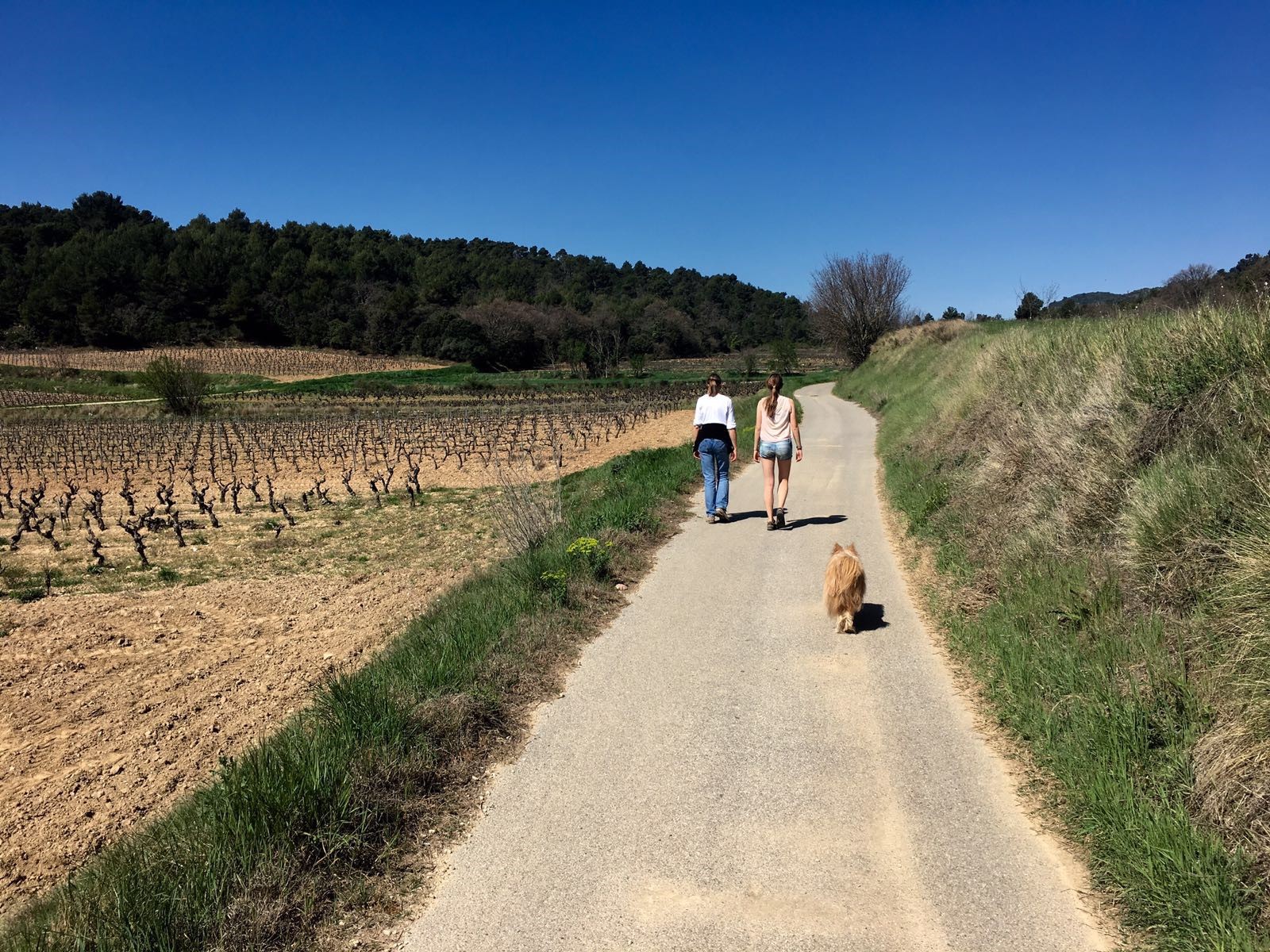Josephine has completed her internship and shares her experiences.
I learned an immense amount about handling large datasets, data distributions and data transformations. I learned that instead of transforming and back-transforming data to meet the assumptions of a linear regression model, it is better to adopt a regression model structure that fits the characteristics of the data. This was never really explained to me throughout my academic career thus far, making my exploration of general linear mixed models a new and exciting experience. I especially enjoyed experimenting with the creation of these models in R.
Despite the unconfirmed hypothesis, I kept faith in it, as there have been many case reports of successful pest control by natural enemies on farms. I believe the lack of support for the hypothesis lies in the heterogeneity of the dataset that was available to me. Gaining more data and further understanding how natural enemies and their habitat may enhance pest control services are crucial for better underpinning of nature conservation and environmental policy. For these reasons and more, I think PBL’s pursuit of the topic is useful in countless ways. I hope to be part of similarly inspiring and meaningful projects in the future!

